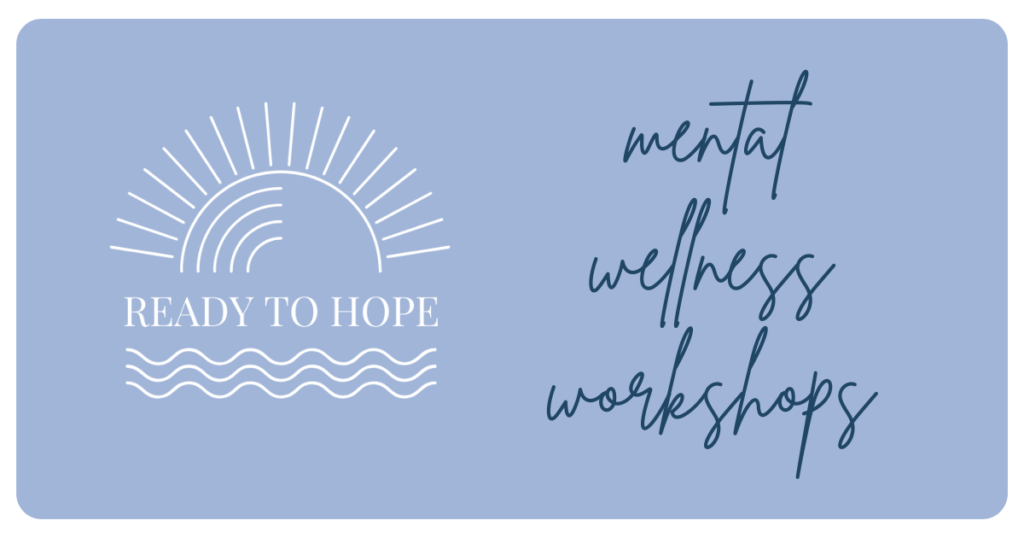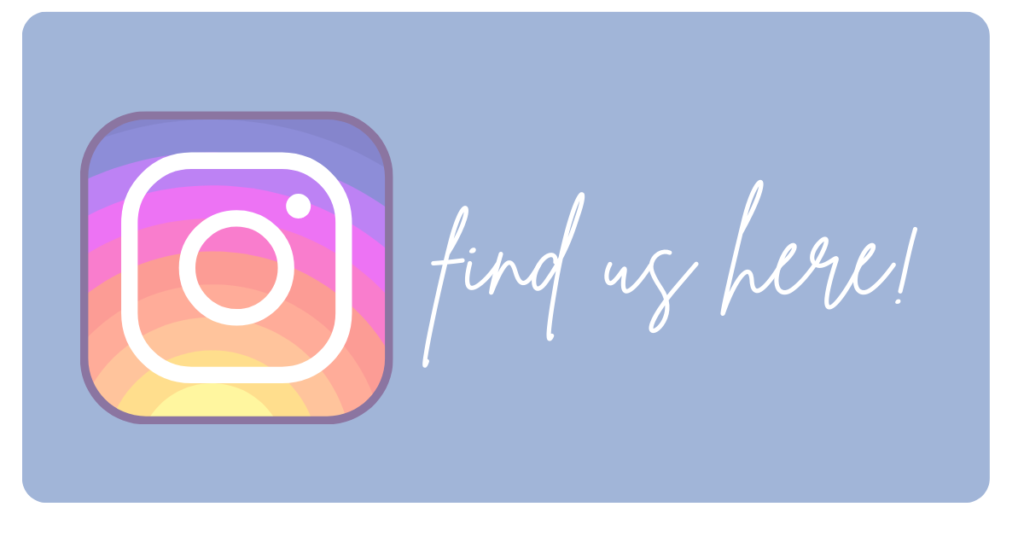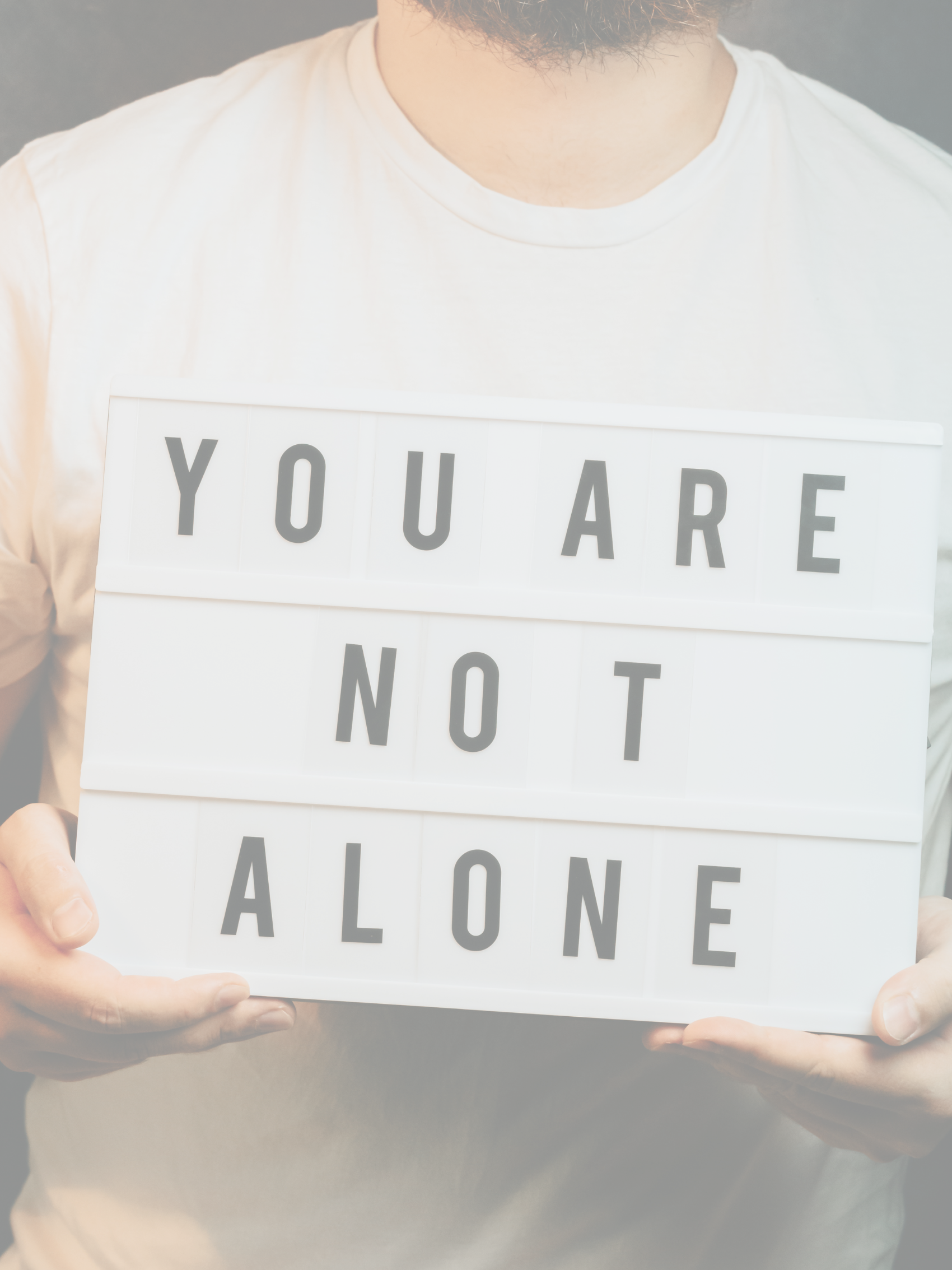How to Support a Friend Who is Struggling
As we get ready to kick off our Ready to Hope Carmel High School club, with the mission being bring students together to share their stressors and connect and support one another, it seems like a perfect time to share some tips on how to support a friend who is struggling.

Sometimes you are that friend. Sometimes it’s you who needs the support. So please know: you can apply these tips to you too. We’ll discuss that later, but for now, let’s dive in.
Tip One: Listen actively
If you’ve been around counseling or therapy at all, you’ll find this one familiar. Active listening is simply being present when listening to your friend share, and then checking for understanding. So there are two parts: being fully engaged, and asking if you heard what you thought you heard.
Being fully engaged means being free of distractions. You’re not looking at your phone or around you, you’re looking at them. You tune out any background noise, and do whatever you can to be sure they know that you are fully focused on them, there for them, and care for them.
Checking for understanding helps your friend feel truly seen and heard, and is as simple as saying, “So what I hear you saying is…” Yes, it can sound a little rehearsed, but that doesn’t take away from how meaningful it can be. And once they confirm that yes, you heard them correctly, you can go on to the next step: empathy.
Tip Two: Empathize
Empathy is different than sympathy. Sympathy is the understanding and recognizing that your friend is struggling. Empathy takes it a bit further. When you check for understanding, and when you get it right and are able to step into their emotional shoes, then you gain a true sense of their pain. Empathy means not just seeing that their situation is a difficult one, but gaining a sense of the pain that they are feeling, almost as if you can feel it alongside them.
Tip Three: Validate their experience
Starting to see a trend? If you said, “Yes. It’s about really trying to understand them” then you’re on track. And once you understand them, you can validate them and their experience.
Simple phrases like, “I totally understand why you are upset” or “You’re right, that’s not fair and I get why it hurts” or “That shouldn’t have happened to you, you have every right to be angry” can go a long way to helping your friend feel seen and heard.
Tip Four: Ask how you can support them
Rather than jumping right into trying to fix the situation, it’s helpful to know if that is something they would like from you. They may simply want someone to sit with them and let them know they are cared for.
Give your friend the chance to say what they need. Do they want a listening ear? Do they just want to vent and cry and then pick up and move forward? Or would they like suggestions on what to do to remedy the situation?

Once you know what it is that will help them feel better, you can begin to walk next to them in their journey to pursue that, whatever that might look like.
And remember: just because you care for your friend, it does not mean you have all the answers and that’s okay! If you don’t really know what is the next best step to fix their painful situation, simply say that- and then discuss with them who might be able to help them. Maybe it’s a teacher, a parent, or another trusted adult.
Tip Five: Ask if they’d find it helpful to just go do something
Sometimes what we need most is distraction. Sometimes we simply need to get up and get moving to begin to work through hard feelings. Obviously this isn’t a solution for deep-seated ongoing painful challenging situations, but it can offer a brief respite from it. That’s why things like exercise, going for walks, or even watching a funny show are often recommended in therapy.
We aren’t trying to say that going for a walk will fix the situation, but sometimes a change of scenery or just getting fresh air can lift their spirits and put them in a better place.
Tip Six: Stay engaged and stick around
Be sure your friend knows you’re not going anywhere and that you will continue to be available to support them. Check in regularly. Do what you can to be sure that when they think, “I really need someone to talk to” they think of you.
And last but not least,
Tip Seven: If you feel like you can’t help and they are struggling so much that you are worried, seek professional help.
You don’t have to convince your friend to go to therapy, of course. That’s not your job. But you can say something like “I really care about you and your mental health. It feels right now like as much as I am trying, what I am able to do is not enough. Let’s go talk to (your mom, your dad, a school counselor, a coach) together to help you get connected with someone who can help you get to feeling better.”
So, to wrap this up:
As mentioned earlier, sometimes it’s you who needs the support. It is a big step forward in your mental wellness when you learn how to ask for what you need! If you were reading over these tips and thinking, “I really need someone to do this for me!” then we want to encourage you to seek out support. It can be turning to a friend, a trusted adult, or a parent, for example.
In addition, our workshops are designed to do just that: give you the chance to talk about what’s weighing on you, and connect with others. You can find out more about them here on our website, or check out the link below for upcoming workshops!

We’d also encourage you to follow our Instagram page- it’s a great place to stay updated on our workshops, learn about our CHS club, or just get some inspiration and encouragement.

Caring for others doesn’t just feel good, it also helps feel useful and needed.
While we would never minimize anyone’s pain, the truth is: sometimes simply taking the time to focus on caring for someone else is a way to step out of your own pain for a moment. Sometimes it’s enough to help you realize that you are not alone. This life can be really tough. And when we care for one another and lift one another up, we connect. Lightening the load of another is a gift you not only give them, but ultimately you give yourself.
Until next time never hesitate to reach out to us here, and remember: there is always a way through.

